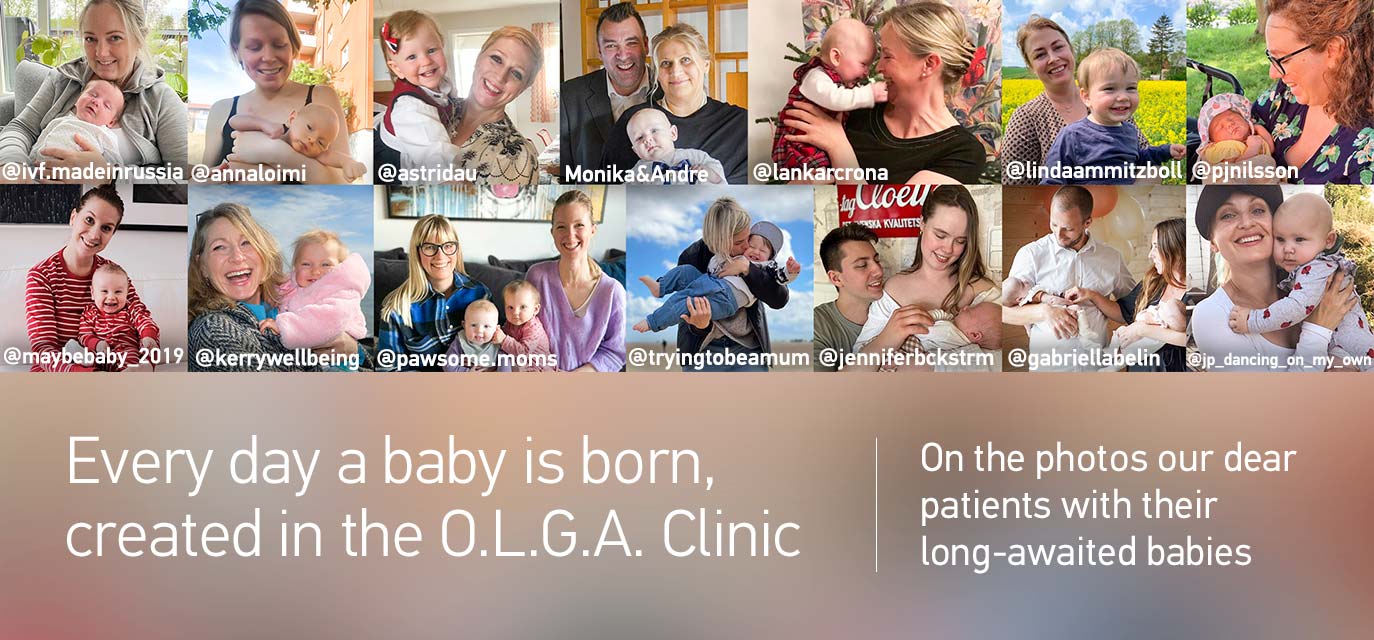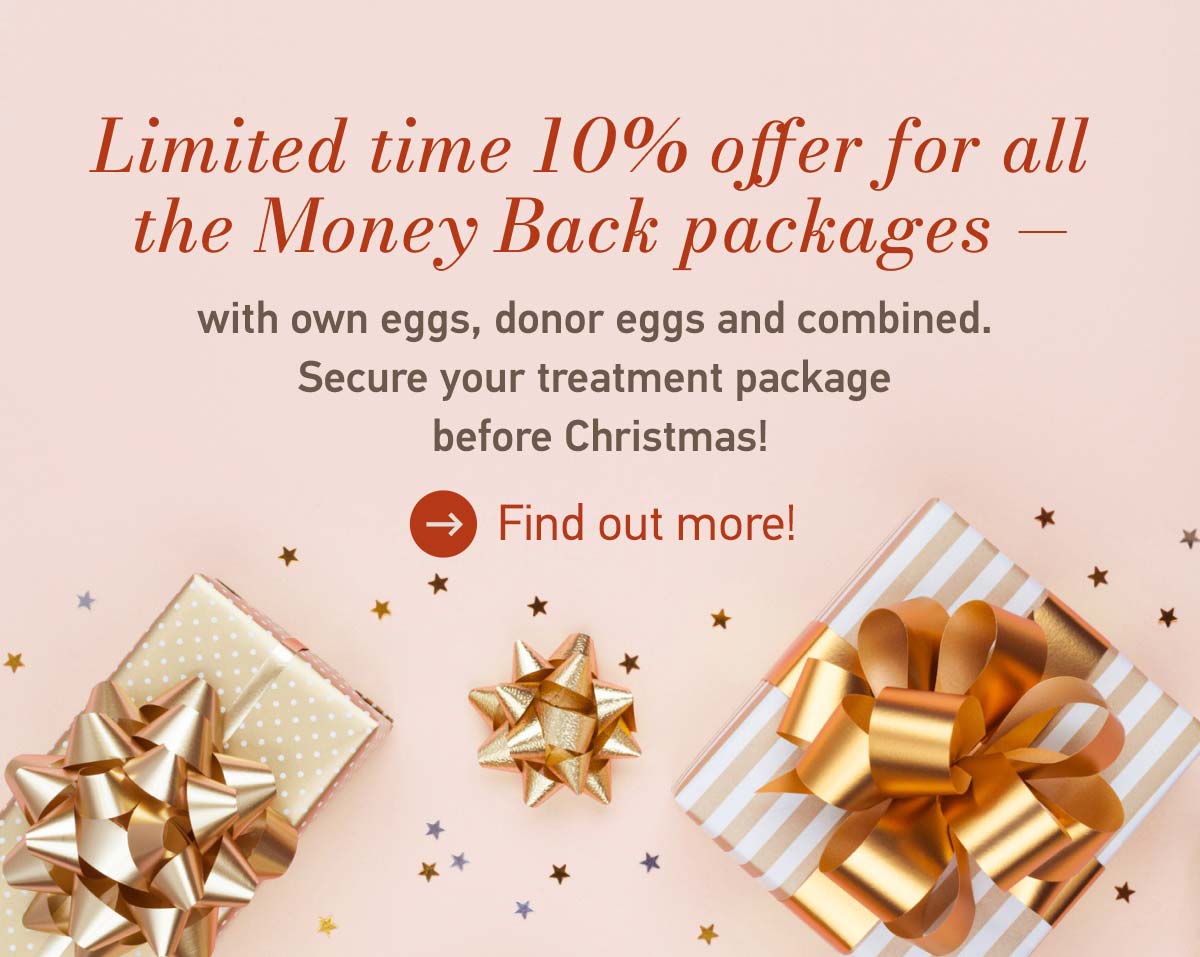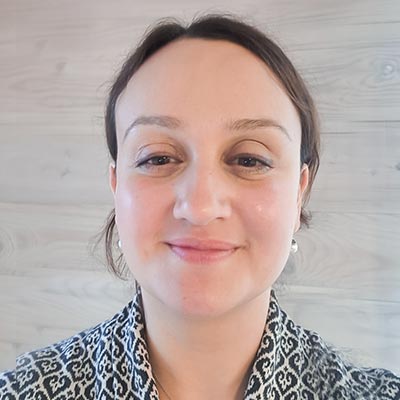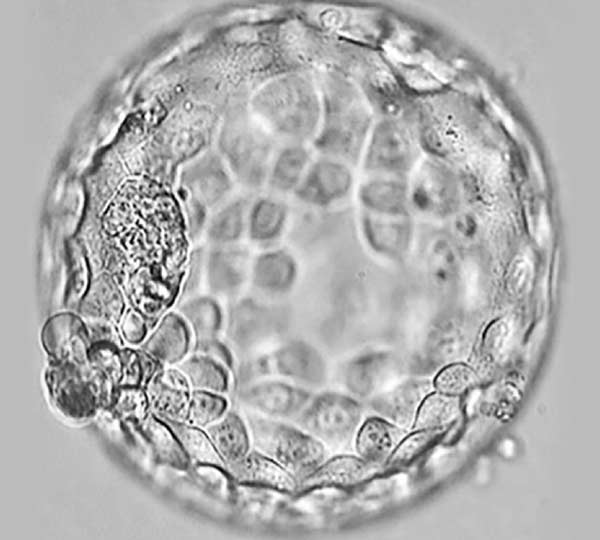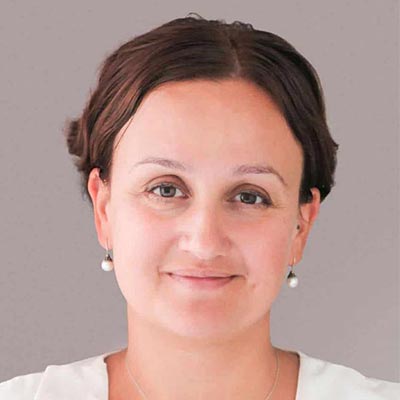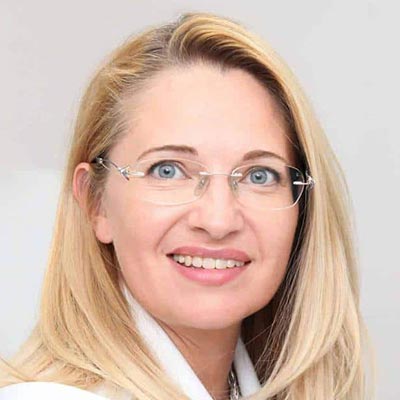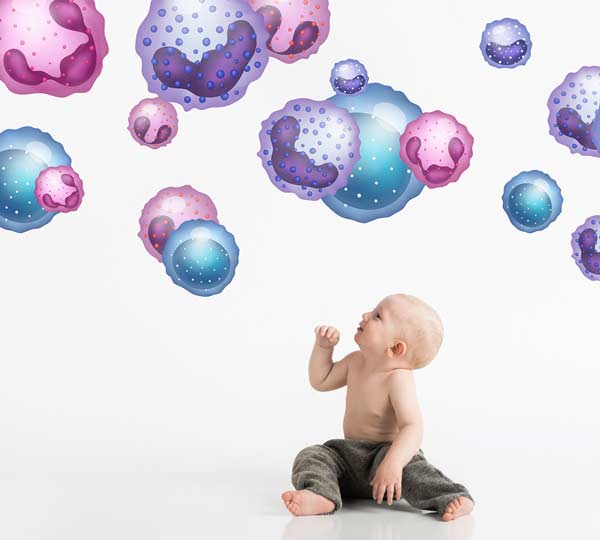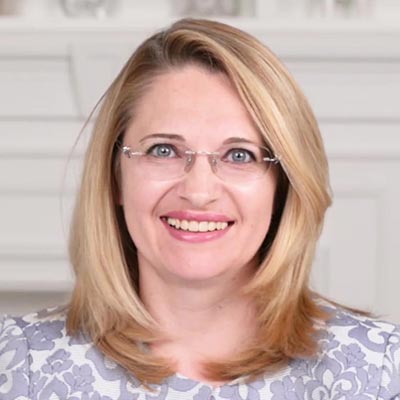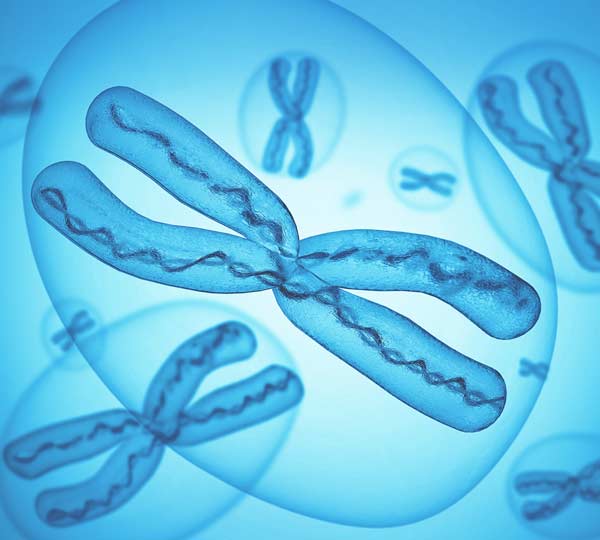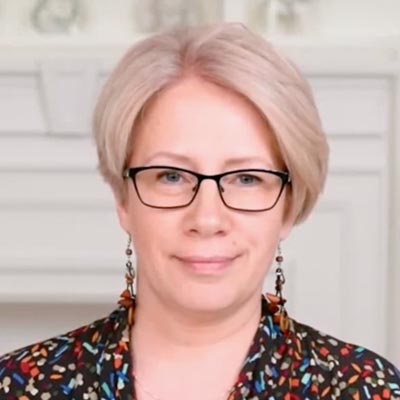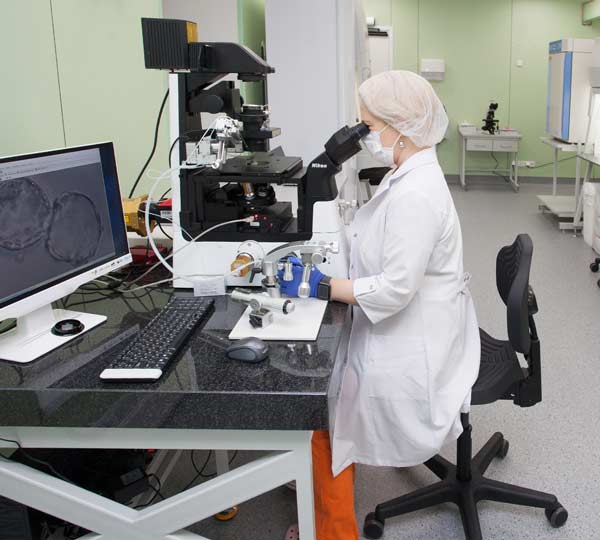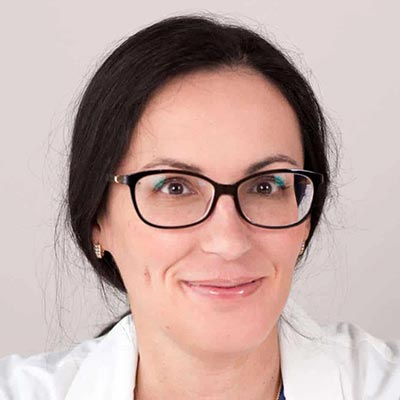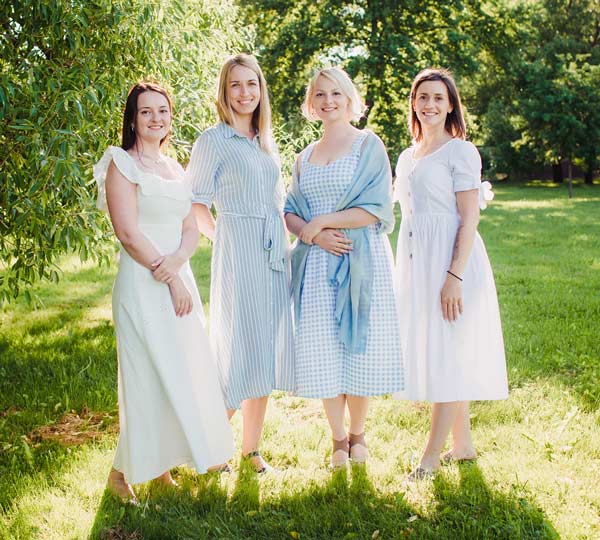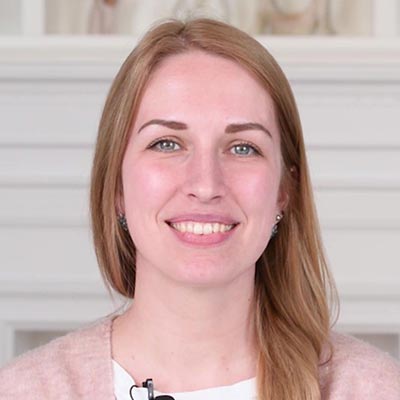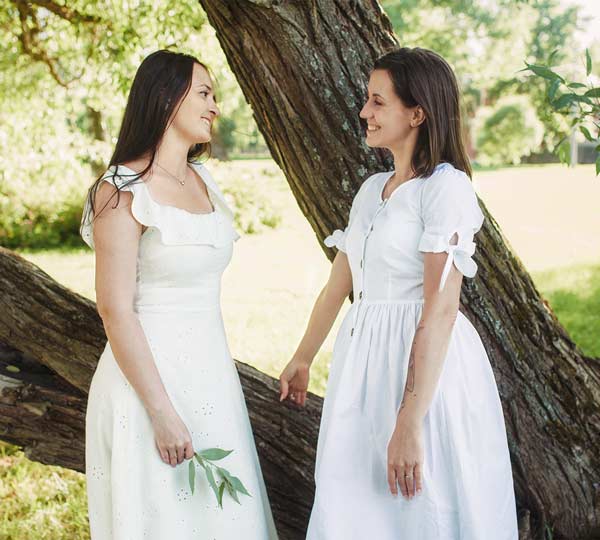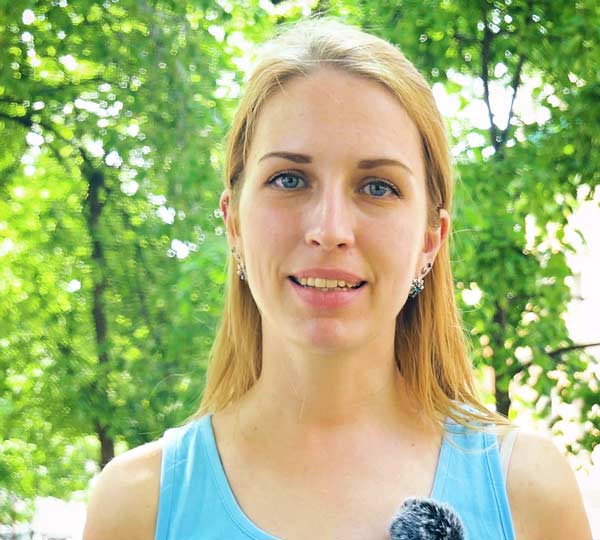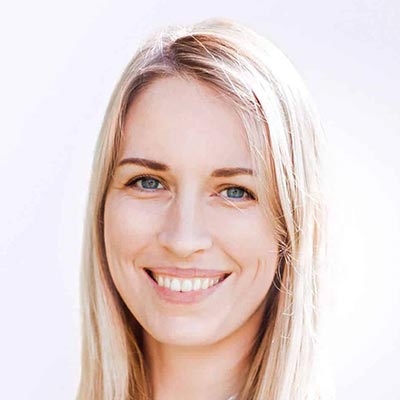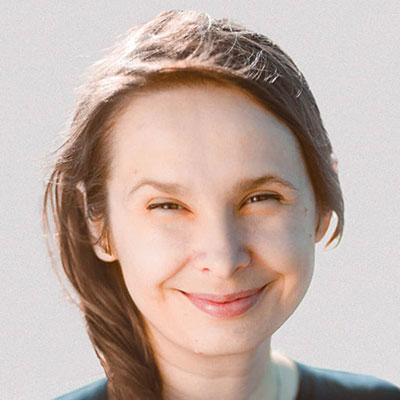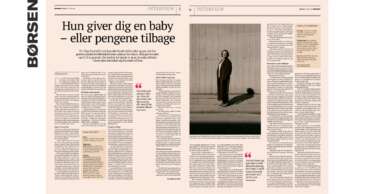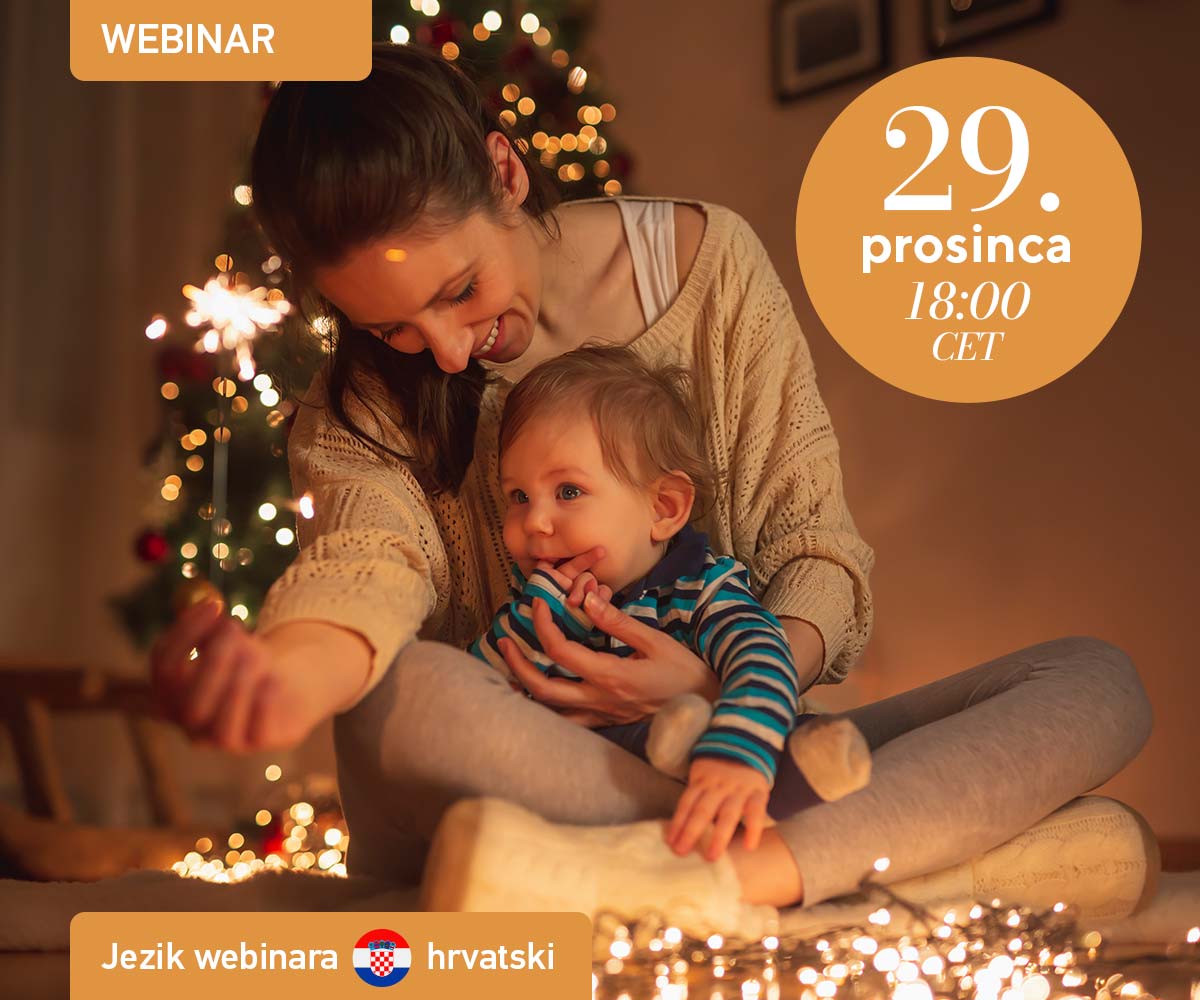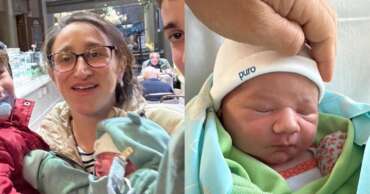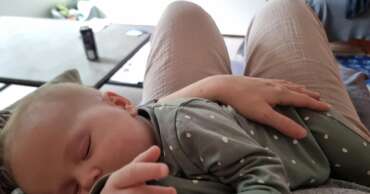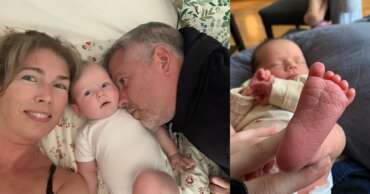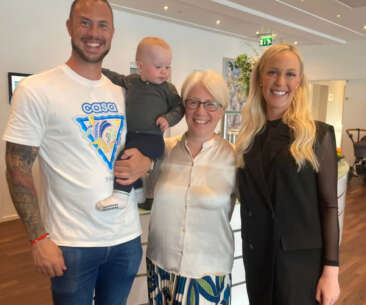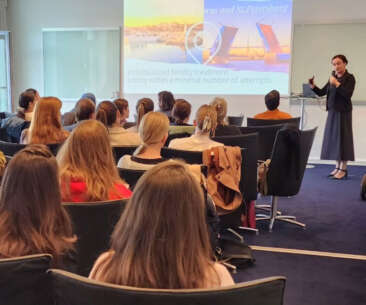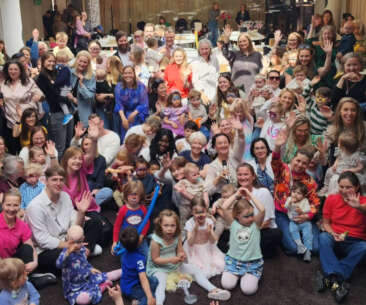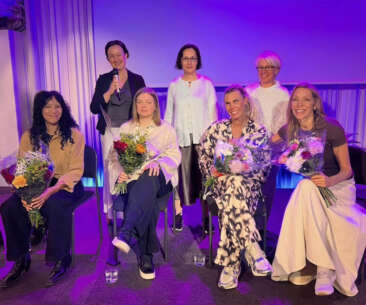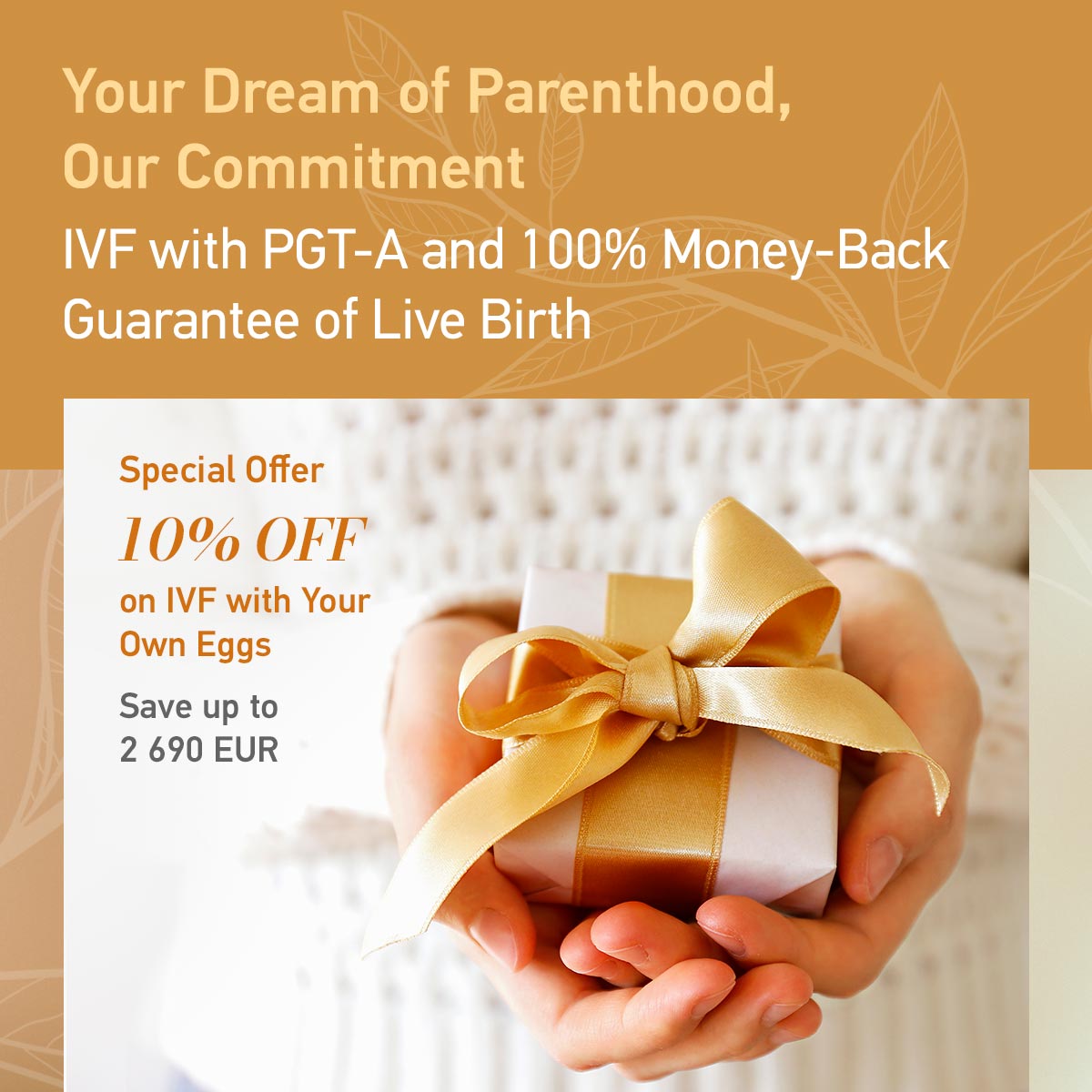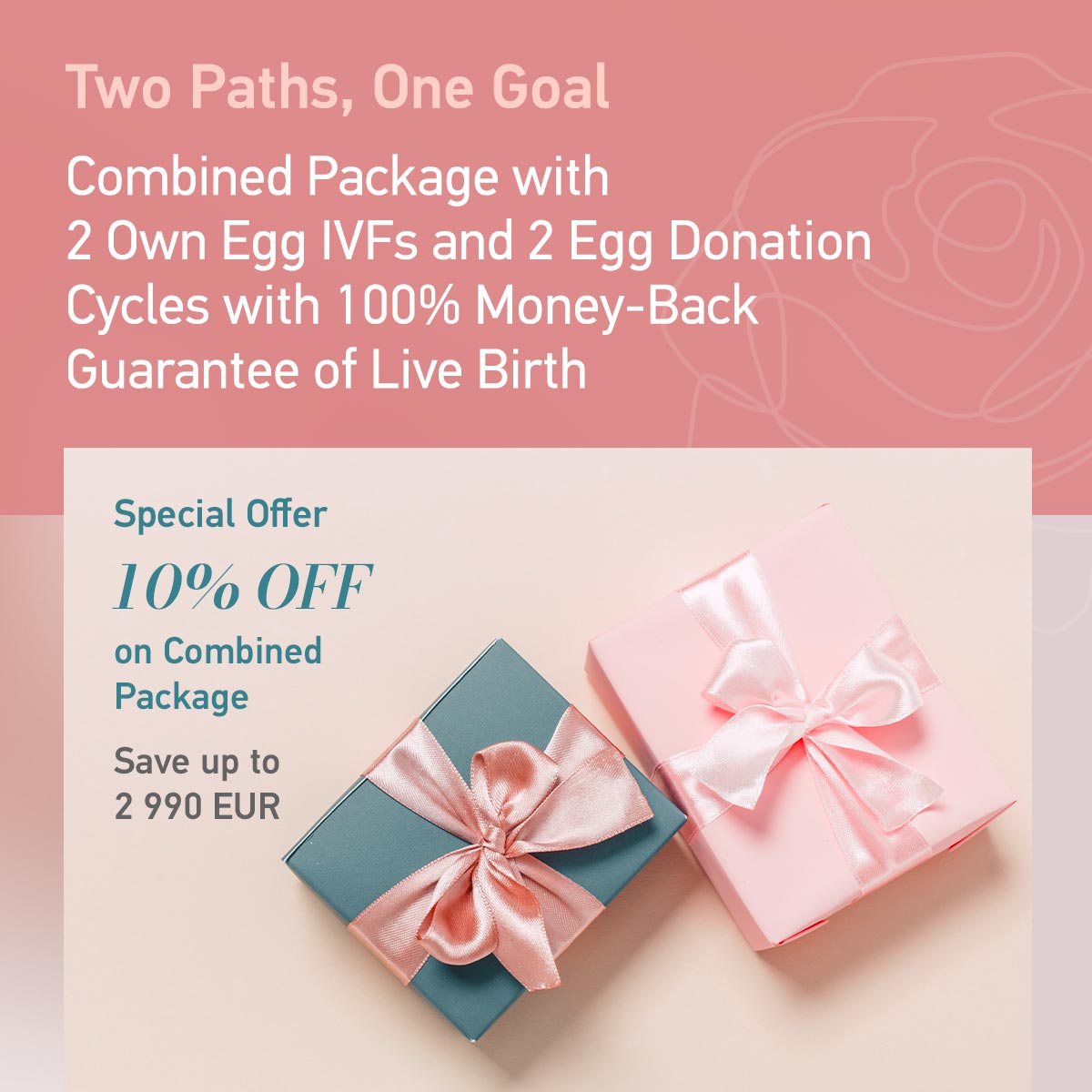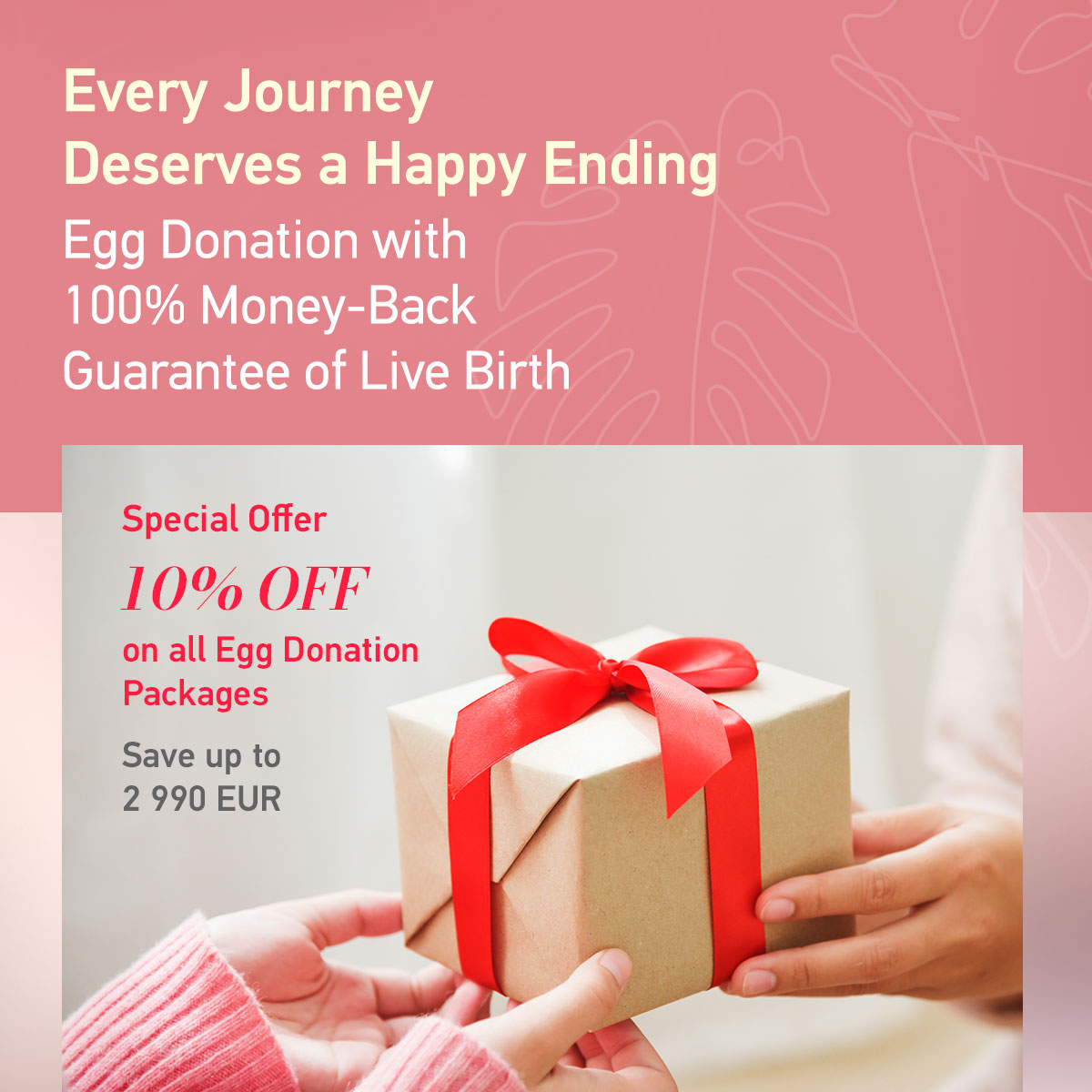As donor conception becomes more common worldwide, so too does an important question: Should – and how should – we talk to children about their beginnings?
At the 2025 ESHRE Conference, leading researchers and clinicians in the reproductive area shared valuable insights into the psychosocial aspects of donor conception and how best to support families in communicating with their children. Their message was clear: open, sensitive, and age-appropriate conversations can help children grow up feeling secure, loved, and connected to their story.
Here we would like to share the key points from this discussion with you.
A Shift in Professional Thinking
When donor conception treatments were first introduced, many specialists advised parents not to tell their children. This reflected the medical norms and cultural values of the time.
Over the years, however, psychologists, counsellors, and family researchers began to challenge that approach. Today, there is a strong professional consensus — supported by both ESHRE (2024) and the American Society for Reproductive Medicine (ASRM, 2013) — that children benefit when they are told the truth about their conception in a thoughtful, age-appropriate way.
Why the change?
- Laws in many countries now favour openness.
- Societal values have shifted, recognising that knowing one’s origins is a basic human right.
- DNA testing is now easily accessible, making it more likely that children will discover genetic connections on their own.
- Research shows openness has no negative impact on family relationships — and can even strengthen them.
The Power of the Family Story
Our identities are built on the stories we hear and tell about ourselves. Psychologists call this narrative identity — the inner story that gives our life meaning.
For children, family stories about “how we came to be” play a key role in shaping this identity. It is through stories that family members understand themselves and their place in the family. Parents are the first narrators, and their words deeply influence how children see themselves.
Such a storytelling emerges already at the age around 2 years old and keeps evolving, in the preschool years the storytelling self becomes more complex and effective and by the adolescence the storytelling self is already used to explain how different events are linked together in a person’s biography. (McAdams D. P. (2001). The psychology of life stories).
That is why early, gentle conversations about donor conception can help weave this information into the fabric of a child’s identity from the very start.
Why Early Disclosure Matters
At the 2025 ESHRE Conference, Professor Vasanti Jadva, Family Psychology specialist at City St George’s, University of London, shared findings from a long-term UK study that followed families over many years. One striking result stood out:
Adolescents who learned about their donor conception before the age of seven consistently reported stronger, healthier family relationships and greater overall well-being compared to those told later.
These young people tended to:
- Enjoy closer, more positive relationships with their parents
- Have parents who experienced lower levels of anxiety and depression
- Show higher psychological well-being and stronger family cohesion
These positive outcomes were also linked to warmer, more sensitive parenting and fewer conflicts within the family.
Understanding one’s heritage plays an important role in a child’s growth. When children know their roots, it helps them to shape their sense of identity, strengthens their bonds with others, and supports emotional well-being — not just in childhood, but as they move through adolescence and into adulthood. It becomes a foundation they can return to throughout life.

Slide from Professor Lone Schmidt’s presentation at ESHRE 2025
Alongside with Professor Vasanti Jadva, Professor Lone Schmidt, an expert in infertility and public health at the University of Copenhagen, explained that early conversations about donor conception can help children develop:
- A deep sense of being wanted and loved
- Clarity that “the donor is not my mum or dad — my mum or dad is the person who raises me”
- Emotional tools to process and understand their identity over time
When this information is shared later in life — particularly in adulthood — it can be more challenging. It may unsettle a person’s established identity, create tension with parents, and spark an urgent need to learn more about the donor or find half-siblings.
In contrast, when children grow up knowing their story, their curiosity about the donor is often gentle and motivated by a wish to understand their medical history or to satisfy natural curiosity, rather than by a sense of loss or confusion.
For many children — especially those told early — the priority is not finding the donor but having an open, honest, and age-appropriate space to ask questions, explore their feelings, and even imagine their own version of the story. This openness, grounded in love and trust, helps them carry their beginnings as a natural and accepted part of who they are.
Important to note that these conversations are not conducted once and left behind. They evolve as the child grows, with new layers of meaning added along the way. Parents are not simply narrating — they are co-creating a living family story with their child.
Why Telling Can Be Hard — and How to Make It Easier
For many parents who know in their hearts that they should tell their child about their donor conception it might be very different from actually finding the words to begin. The first step can feel daunting — not because parents don’t love or trust their children, but because the conversation touches deep, tender parts of their own journey to parenthood. It can stir up emotions that are sometimes difficult to face, even in the privacy of our own thoughts.
Dr. Astrid Indekeu, clinical psychologist, sexologist, and PhD in Biomedical Sciences, has worked closely with many families navigating this decision. She notes that the idea of disclosure often brings up in parents a complex mix of feelings, such as:
- Grief over infertility or the inability to conceive naturally
- Shame about not being able to have a child “the usual way”
- Discomfort or uncertainty about the donor’s role in the family story
- Fear of how the child — or others — might react
- Disagreements between partners about whether, when, or how to tell
These emotions all stem from vulnerability, and vulnerability can make even the most loving parent want to put off the conversation. On top of this, other worries may creep in:
- A fear of rejection by the child
- Concern that this knowledge might weigh on the child or make life more complicated for them
- Feeling unsure about the “right” words to use, or how to respond to difficult questions
These fears can create a sense of incompetence adding to vulnerability and making the decision to tell feel like a heavy and complicated choice.
The important thing to remember here is that these feelings are all normal — they are shared by many parents of donor-conceived children. You are not alone in them. With time, reflection, and support, they can be worked through, and you can prepare yourself for open and loving conversations with your child.
Steps That Can Help:
- Acknowledge your own feelings first. If there are unresolved emotions about donor conception, take time to explore them. You don’t need to “fix” everything before talking to your child — some feelings may surface again during conversations, and that’s okay.
- Name your emotions. It’s perfectly fine to admit you feel unsure, lost, or even afraid. Naming these feelings can lessen their hold on you.
- Seek connection with other parents. Group discussions, support networks, or online communities can be valuable. Hearing other parents’ stories — especially from those who have already had the conversation — reminds you that you are not alone.
- Learn from shared experiences. Webinars, workshops, and in-person events can offer both emotional reassurance and practical tips.
- Give yourself time. There’s no deadline, take the steps at a pace that feels manageable for you and your family.
- Prepare for natural consequences. Young children, especially toddlers, may tell the story to others at absolutely unpredictable time and circumstances. Anticipating this can help you feel more in control and ready to respond.
It’s important to understand that disclosure is not a one-size-fits-all situation. There is no perfect script that works for every family. What matters most is building trust and maintaining an ongoing dialogue.
“Telling” is not just about delivering information once — it’s an intertwined process between several individuals - parents, child, donor. It’s a conversation that evolves, sometimes in unexpected ways. It can be messy at times, because it’s complex, but it also deepens the emotional connection between parent and child.

Slide from Dr. Astrid Indekeu’s presentation at ESHRE 2025
When a parent shares the story of donor conception, they are not just revealing a fact about the child’s origins — they are also sharing something deeply personal about their own path to parenthood, the dreams and challenges that led to the family’s creation.
And the story may not be just about the immediate family; it might also include the donor, a network of half-siblings, and a wider circle of people who are part of the child’s unique beginning.
In this way, telling is about building the big picture together — a family narrative that is honest, loving, and ever-evolving. It is about giving your child not just the “facts” of their conception, but a rich, reassuring story about who they are, where they come from, and how deeply they are wanted.
More Practical Tips and Helpful Resources
- Use children’s books, films, and stories to introduce donor conception early.
- Normalize the story and let the extended family and close friends know the story so your child grows up in a supportive environment.
- Encourage curiosity and explore answers together.
- Connect with other parents whose children are older — they can offer practical insights.
- Talk to donor-conceived individuals about the experience and get advice from their perspective
- Take part in webinars or workshops to stay up-to-date with the latest research.
Recommended resources:
Here we collected for you some of recommended resources to search for more information and guidance:
- Book by Susan Golombok “Modern Families; Parents and Children in New Family Forms”, Cambridge: Cambridge University Press, 2015
- Article by ESHRE Working Group on Reproductive Donation “Good practice recommendations for information provision for those involved in reproductive donation”: academic.oup.com/hropen/article/2022/1/hoac001/6528996
- A study of the social and familial experiences of donor conceived adults: www.youngadultsstudy.co.uk
- Donor conception network: dcnetwork.org/i-am/heterosexual-couple/telling-and-talking/
Donor conception is just one chapter in the rich, beautiful story of your family. How and when you choose to share it with your child is a deeply personal decision, guided by your values, beliefs, and the rhythm of your own family life. Trust yourself — you know your child better than anyone. With love, honesty, and care, you can give them the gift of their story, woven into the knowledge that they have always been wanted, cherished, and part of something truly special.


